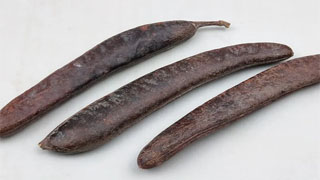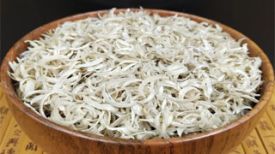
Soapberry, a traditional Chinese medicine name. The fruit or sterile fruit of the legume soapberry. The former is called soapberry, and the latter is called pig tooth soap. The Classic of Chinese Medicine states: "It can cause stagnation of the muscles due to wind stagnation, evil qi, and bring out tears and wind. It can benefit the nine orifices and kill sperm." The Book of Changes states: "It can treat bloating, relieve hunger, remove cough and cystic nodules, prevent women from shedding their cells, and improve eyesight and sperm
[Sexual Taste Returning to the Classics]
Taste: pungent, salty, and warm in nature.
Gui Jing: Gui Lung, Liver, Stomach, and Large Intestine Meridians.
【 Functions and Indications 】
Effect: Dispelling phlegm and cough, opening and closing orifices, insecticidal and dispersing nodules.
Indications: Used for phlegm cough and wheezing, silent mouth after stroke, excessive phlegm and saliva, dizziness and speechlessness, epilepsy, pharyngitis, obstruction of bowel movements, and scabies.
Clinical Application
1. To treat cough and expel qi, constantly salivate, but unable to sleep: Dissolve 240g of soapberry pods (scraped and peeled, crispy and roasted) into powder, take three pills of honey pills with jujube paste and soup, and take them three times a day and one night. (Synopsis of Jin Kui "Zao Chi Wan)
2. Treatment for stroke related wind outlet: 30g of soapberry pods (peeled, seeded, ground and sieved). After three years of great vinegar and vinegar, the left side is coated with the right side, the right side is coated with the left side, and the dry side is coated with it. (From "Qian Jin Yao Fang")
3. Treating constipation and poor hygiene: burning soapberry pods and finely grinding them. Drink 9g of Congee and let it pass. (Quoted from Sun Zhenren's prescription in "Political Materia Medica")


